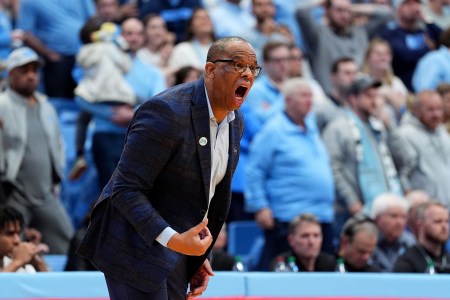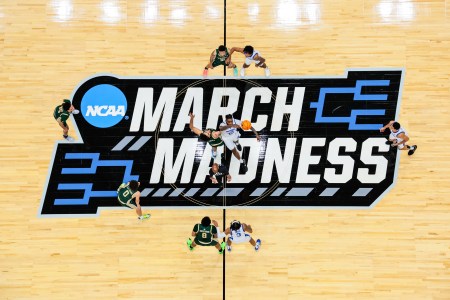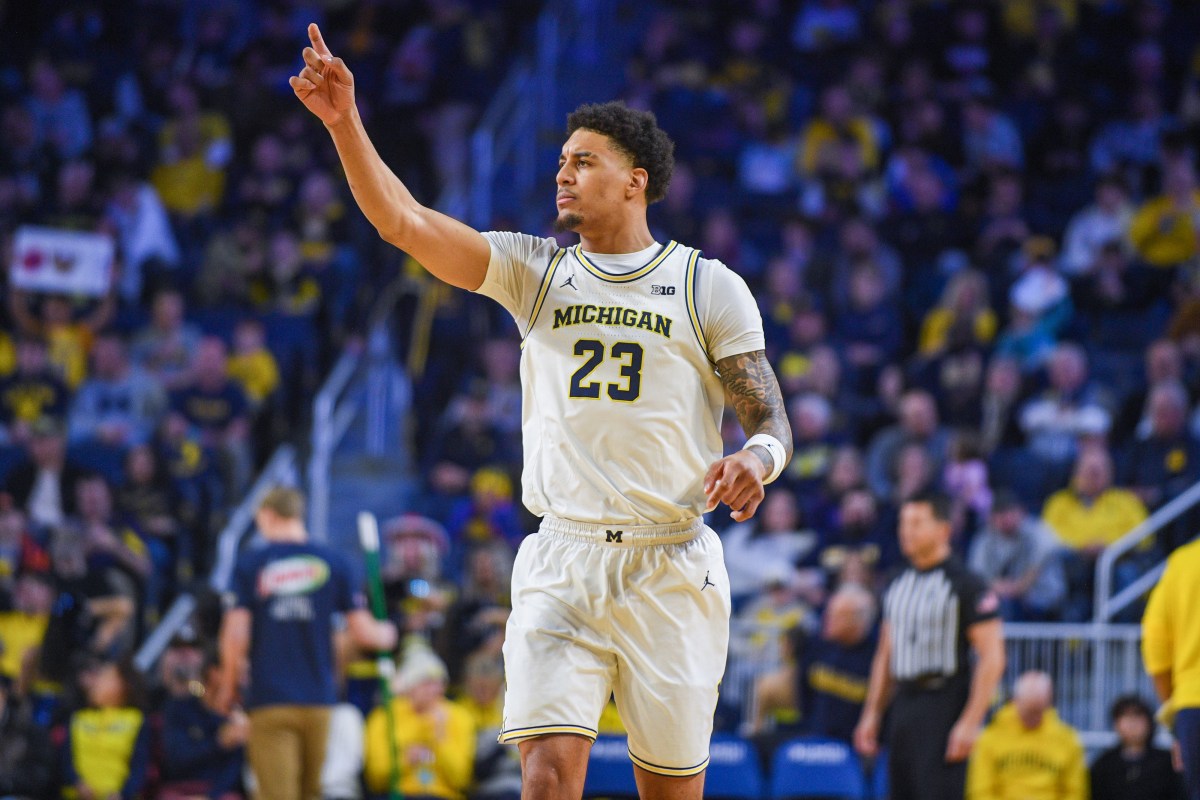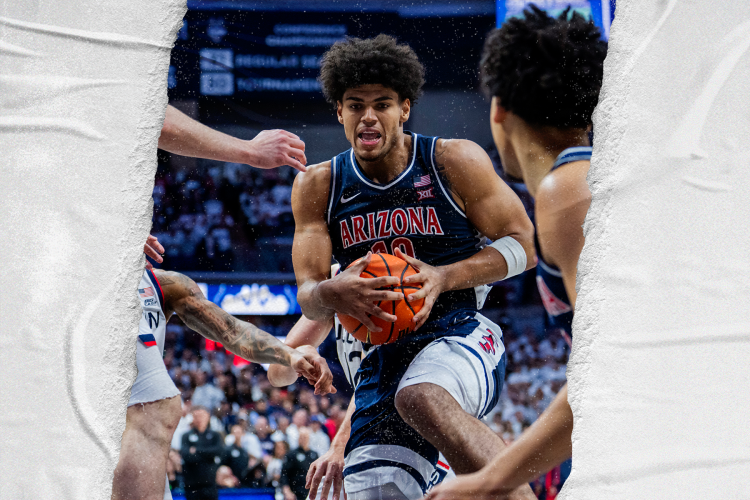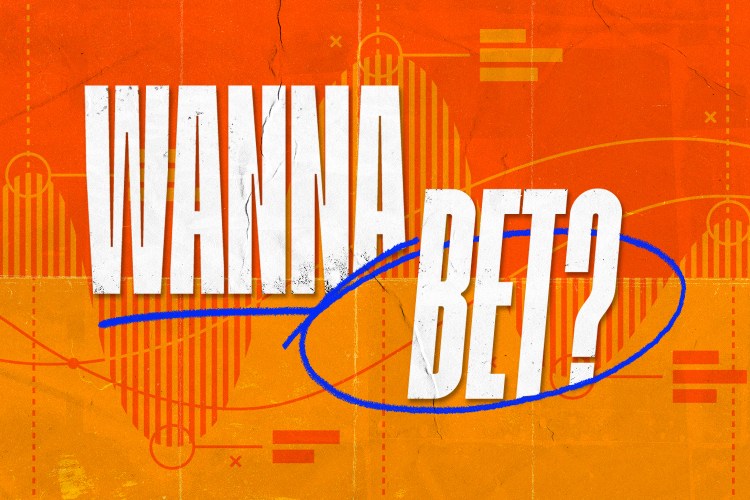Federal lawmakers have struggled to gain any traction when it comes to bills related to name, image, and likeness since the NCAA’s rules changed in 2021. The SCORE Act seemed poised to be the first bill to make it to a vote. However, its momentum has stalled in recent days, making the vote more of a question than a foregone conclusion.
Here’s a primer on what the law is, what’s at stake, and my best guess as to what will happen next.
What the SCORE Act Would Do
The SCORE Act aims to create a uniform national system for college athletics, especially around name, image, and likeness (NIL). Instead of the current patchwork of different state laws, schools would all follow the same federal framework if the law was passed.
The bill promises guaranteed scholarships, better medical care for injuries, post-graduation degree support, and mental health services for athletes. It also makes it clear that college athletes are not employees, which is a top priority for the NCAA.
The bill would also give the NCAA and conferences some protection from antitrust lawsuits, as long as their rules comply with the law. Supporters argue this would bring stability to a system that’s been rocked by lawsuits and constant rule changes, especially in recent years with cases like Alston and House.
How bad do the schools and want this bill to become law? The SEC has been running television commercials during college football games this fall supporting it and urging fans to do so as well. That, however, runs the risk of painting this bill as a major win for the NCAA, and therefore a major loss to the athletes.

Why It’s in Trouble
Even though the bill has cleared two committees, it hasn’t yet been scheduled for a full vote in the House. Lawmakers are struggling to find enough support, and opposition is mounting. Critics say the antitrust protections go too far, shielding the NCAA from accountability. Others worry the bill would increase the divide between the so-called haves and have-nots in college sports. The bill used to have near unanimous support of Republicans, which was necessary because most House Democrats are pro-union. But several Republicans have been retreating in recent weeks, which led to the decision to push back the vote. And even if Republicans can squeak it through via their slim majority, the bill would have a much higher 60-vote hurdle in the Senate.
Fans of Olympic and non-revenue sports should also be concerned. While the bill requires Division I schools with revenue in excess of $20 million to sponsor at least 16 varsity teams, some fear that’s not enough to protect smaller sports from being cut as schools funnel resources into football and basketball.
Even if the House passes the SCORE Act, the Senate is likely to push back. Senators like Maria Cantwell have already raised concerns about fairness, athlete rights, and how smaller schools will be treated.
Athletes.org, a players association for athletes, has been especially vocal in its opposition. The organization argues that the SCORE Act limits athlete opportunity by making it harder for players to earn money, transfer schools, or explore their options in a fair market.
For example, the bill allows restrictions on NIL deals if they’re deemed “prohibited compensation,” such as payments from booster-led collectives or contracts above a set “pool limit.” It also limits the current transfer market by allowing athletes to transfer only once without penalty. By capping NIL payments and restricting transfers, Athletes.org says the SCORE Act protects the NCAA’s historical system more than it protects the athletes.
Meanwhile, other federal efforts may be coming. Some lawmakers want to give athletes collective bargaining rights by classifying them as employees, while others are pushing for stronger NIL protections for international athletes. The U.S. Olympic and Paralympic Committee is also lobbying hard to make sure Olympic sports don’t get left behind.
We’re also still waiting to see what will become of President Trump’s executive order signed in July directing several federal agencies to provide guidance and clarification on a number of issues related to college sports.
Congress, Tourney Expansion and the Death of the In-Home Visit: NCAA Leaders on Change
NCAA President Charlie Baker, former Villanova coach Jay Wright and more prominent voices in the sport were in attendance at the Big East’s “Future of College Basketball” Roundtable in New York
What to Watch
So what does all this mean for fans? First, keep an eye on whether the House actually schedules a vote. Without it, the SCORE Act is stuck. Second, pay attention to any changes in the language around NIL, antitrust protections, and athlete rights. Small tweaks could mean big shifts in who benefits. Finally, watch how the Senate reacts, because that’s where this bill will face its toughest test.
If the SCORE Act passes, fans could see more consistency in NIL rules, but it could also accelerate the divide between the biggest programs and everyone else, while putting Olympic sports at risk. Those who were hoping that Congress was on the verge of saving college sports will have to wait a little longer. Maybe a lot longer.




